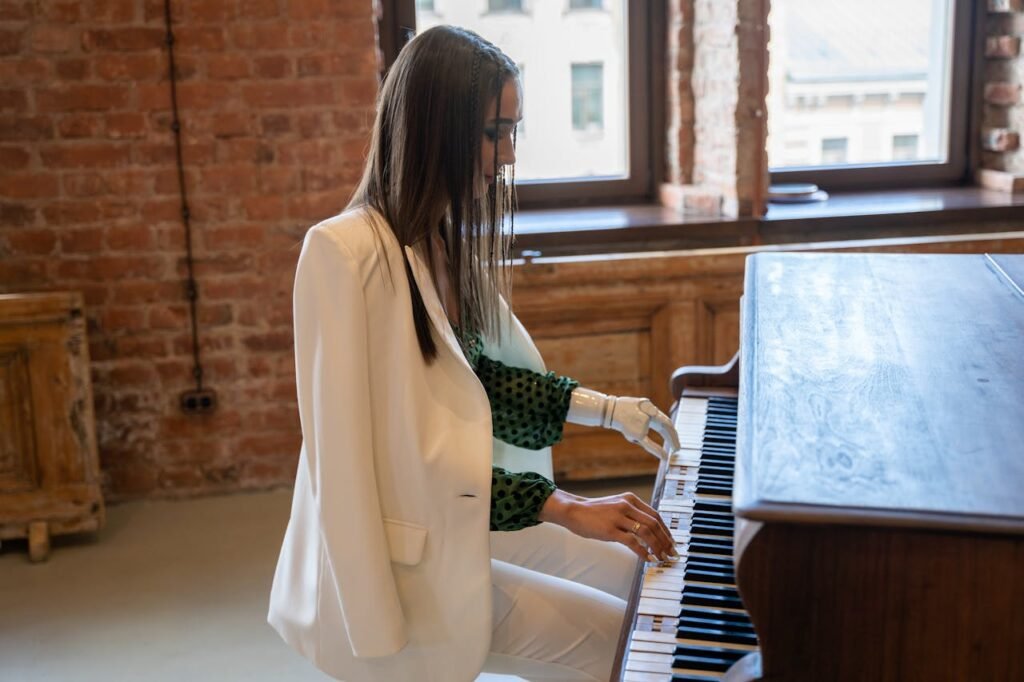Music has always been a powerful form of expression, connecting individuals across cultures and emotions. For musicians, the ability to create and play music is more than just a skill—it’s a part of their identity. When injury, illness, or congenital conditions lead to the loss of a limb, it can feel like an insurmountable barrier to their art. However, advancements in bionic prosthetics are breaking down these barriers, enabling musicians to reclaim their craft and even push the boundaries of what’s musically possible.
Bionic prosthetics for musicians combine cutting-edge robotics, adaptive technology, and user-centered design to offer solutions that are as functional as they are inspiring. These devices are not just tools for regaining mobility; they are instruments in themselves, designed to adapt to the unique demands of music-making.
The Unique Challenges of Prosthetics for Musicians
Creating prosthetics for musicians is a specialized endeavor that goes beyond conventional designs. Unlike general-purpose prosthetics, these devices must support intricate movements, fine motor control, and adaptability to various instruments. The dynamic nature of music-making, from strumming a guitar to playing the piano or handling drumsticks, demands unparalleled precision and responsiveness.
The Importance of Fine Motor Skills
Musicians rely on an extraordinary level of dexterity to execute their craft. A violinist must delicately move their fingers along the strings, while a pianist requires rapid, coordinated motions to press keys accurately.
These actions require not only strength but also precise control over minute movements—something that standard prosthetics are not typically designed to provide.
Bionic prosthetics, however, integrate advanced robotics and sensors to deliver the fine motor skills needed for musical performance. For example, myoelectric prosthetics can detect subtle muscle signals from the user’s residual limb, translating them into precise movements.
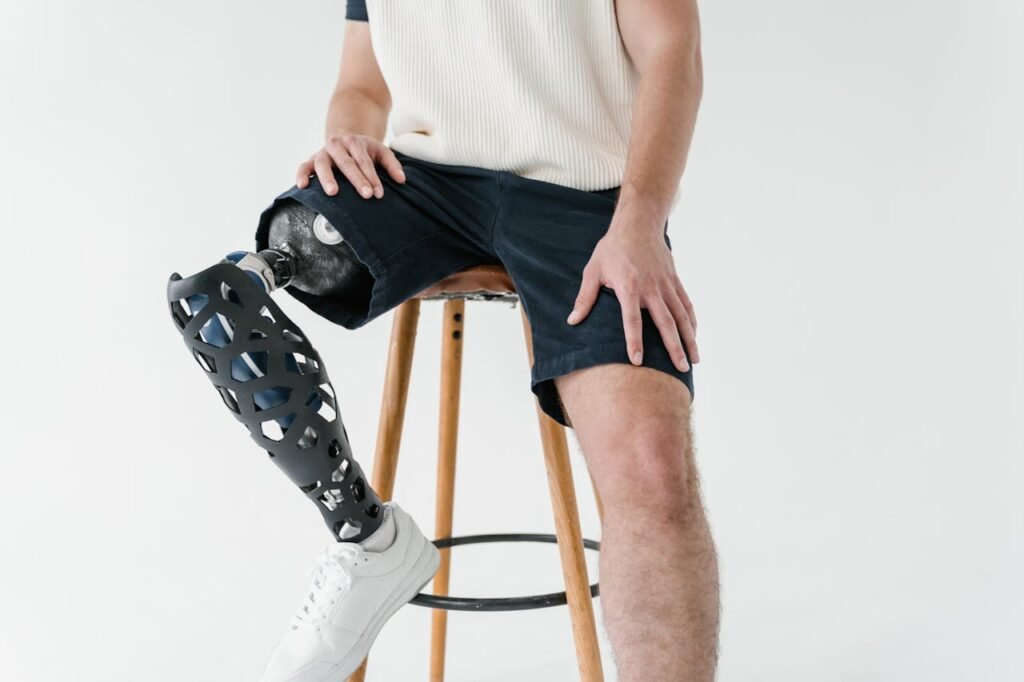
This allows musicians to regain control over complex actions like plucking strings or striking a drum pad with the right intensity.
Businesses focusing on this niche must prioritize designs that enable fine motor skills while maintaining the durability and comfort necessary for extended use. Tailoring devices to specific instruments or musical styles can further enhance their effectiveness and appeal.
Overcoming Instrument-Specific Challenges
Different instruments pose unique challenges for prosthetic design. A guitarist, for instance, needs a prosthetic that can alternate between strumming and fingerpicking, while a trumpeter may require adaptive technology that supports breath control and finger dexterity for valve manipulation.
Bionic prosthetics for musicians often incorporate modular components to address these instrument-specific requirements.
For example, interchangeable attachments can allow a drummer to switch between sticks of varying weights and grips, or enable a keyboardist to achieve nuanced pressure for soft and loud notes.
For manufacturers, collaborating with musicians during the design process is critical to understanding these specific challenges. Direct input from users ensures that the prosthetics are practical, effective, and aligned with real-world needs.
Technology Behind Bionic Prosthetics for Musicians
The rise of adaptive instruments is fueled by advancements in robotics, machine learning, and biofeedback systems. These technologies enable bionic prosthetics to not only replicate natural movements but also enhance them, offering musicians new ways to express their creativity.
Sensors and Real-Time Feedback
Sensors are integral to the functionality of bionic prosthetics, providing the data needed for precise movement and responsiveness. Myoelectric sensors, for example, detect electrical signals generated by the user’s muscles, translating these inputs into actionable commands for the prosthetic.
For musicians, real-time feedback from these sensors is essential. A prosthetic that can instantly adjust to the pressure needed for a guitar string or the velocity required for a piano key ensures a seamless playing experience.
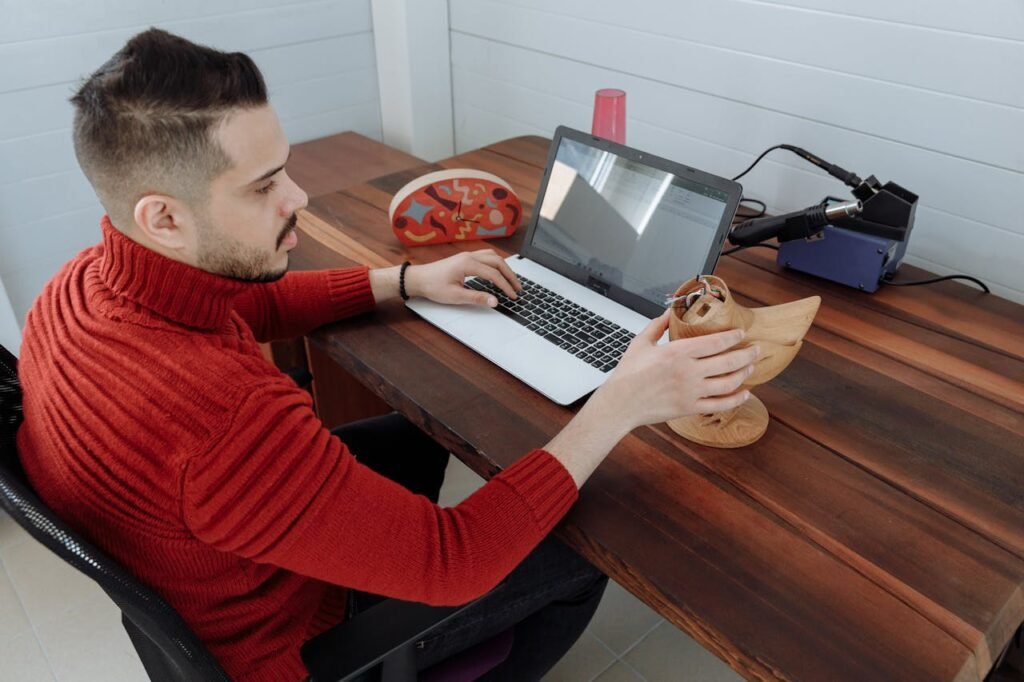
Some devices also incorporate tactile feedback, allowing users to “feel” the vibrations of their instrument, further enhancing their connection to the music.
Businesses investing in sensor technology should prioritize devices that deliver immediate and accurate feedback, ensuring that users experience a natural flow while playing. Testing and refining these features in collaboration with professional musicians can lead to more intuitive and effective designs.
Machine Learning for Personalization
Machine learning plays a transformative role in adapting bionic prosthetics to individual users. By analyzing patterns in muscle signals and movement preferences, machine-learning algorithms can fine-tune the prosthetic’s behavior over time.
For example, a prosthetic arm for a drummer might learn the user’s preferred striking angles and intensity levels, optimizing its movements for precision and comfort. Similarly, a device designed for a flutist could adapt its grip and finger placements to match the player’s unique technique.
This level of personalization not only improves functionality but also fosters a deeper emotional connection between the musician and their prosthetic. For manufacturers, integrating machine learning into their designs is an opportunity to create products that stand out for their adaptability and user-centric approach.
Adaptive Prosthetics: Bridging Creativity and Technology
Bionic prosthetics for musicians are more than just tools to restore lost functionality—they are redefining the boundaries of creativity. By combining robotics and adaptive technology, these devices are empowering musicians to explore new techniques, experiment with sounds, and expand their artistic potential.
Expanding Musical Possibilities
Adaptive prosthetics are not limited to mimicking natural hand or finger movements. They can also introduce capabilities that go beyond human anatomy.
For instance, a prosthetic designed for a drummer might feature enhanced grip strength and stability, allowing for rapid and powerful strikes that exceed human capability.
Similarly, a guitarist’s prosthetic could incorporate automated picking or strumming patterns, enabling complex rhythms that are difficult to achieve manually.
These innovations open up entirely new possibilities for musicians, pushing the boundaries of what instruments can do and how they are played. Businesses focusing on bionic prosthetics for musicians can position themselves as pioneers of a new era of creative expression, emphasizing the artistic freedom these devices provide.
Haptic Feedback for Emotional Connection
One of the challenges musicians face with prosthetics is the absence of tactile sensation, which can make it difficult to connect with their instrument on an emotional level. Haptic feedback technology addresses this by recreating the sensation of touch, allowing users to feel vibrations, textures, and pressure through their prosthetic.
For example, a violinist using a bionic arm with haptic feedback can feel the strings under their fingertips, enabling more expressive bowing techniques. Similarly, a pianist can experience the resistance and feedback of the keys, enhancing their ability to convey subtle dynamics.
For businesses, integrating haptic technology into prosthetics offers a unique selling point. Highlighting this capability in marketing materials can resonate with musicians who value emotional connection and precision in their performance.

Real-Time Adaptation to Instruments
Adaptive prosthetics excel in their ability to adjust to the specific requirements of different instruments. For example, a prosthetic designed for keyboard players might feature sensors that detect the velocity of key presses and adjust finger positioning for optimal accuracy.
Some advanced prosthetics also incorporate modular components, allowing musicians to switch between instrument-specific attachments seamlessly. A flutist might attach a prosthetic finger system for intricate keywork, while a percussionist could opt for a setup optimized for drumstick control.
For manufacturers, developing modular and instrument-specific designs ensures versatility and expands the potential user base. Collaborating with musicians from various disciplines during the design process can help refine these features and create devices that cater to diverse artistic needs.
The Role of Businesses in Advancing Bionic Prosthetics for Musicians
The rise of adaptive instruments is creating new opportunities for businesses to lead in this specialized field. By investing in innovation, user collaboration, and accessibility, companies can drive the development of bionic prosthetics that empower musicians and inspire the broader community.
Prioritizing User-Centered Design
Creating prosthetics for musicians requires a deep understanding of their unique challenges and aspirations. Businesses must adopt a user-centered approach, involving musicians throughout the design and testing phases.
For instance, prototypes can be tested by professional musicians to gather feedback on comfort, responsiveness, and compatibility with their instruments. This iterative process ensures that the final product meets the practical and artistic needs of users.
Beyond functionality, aesthetics also play a significant role. Many musicians view their prosthetic as an extension of their identity, making it important to offer customization options in terms of appearance and design.
For businesses, offering personalized features can enhance user satisfaction and create a deeper emotional connection to the product.
Expanding Access Through Affordability
While bionic prosthetics for musicians are technologically advanced, their high cost can limit accessibility for many users. To address this challenge, businesses should explore strategies for reducing costs without compromising quality.
Collaborations with nonprofit organizations or sponsorship programs can help subsidize costs for aspiring musicians. Additionally, modular designs that allow users to start with a basic prosthetic and upgrade over time provide a more affordable entry point.
For companies, emphasizing affordability and inclusivity in their marketing efforts can build trust and broaden their reach, ensuring that more musicians can benefit from these transformative devices.
Inspiring a New Generation of Musicians
The impact of bionic prosthetics extends far beyond the individual user. These devices are inspiring a new generation of musicians, challenging societal perceptions of ability, and demonstrating the power of technology to transform lives.
Breaking Down Barriers
Adaptive instruments and bionic prosthetics are breaking down barriers for individuals who may have thought a career in music was out of reach. By restoring functionality and enabling creative expression, these devices are proving that talent and passion are not limited by physical ability.
For businesses, sharing the stories of musicians who have succeeded with bionic prosthetics can inspire others and showcase the real-world impact of their products.
Featuring these stories in campaigns, events, and educational programs can create a sense of community and purpose around the brand.
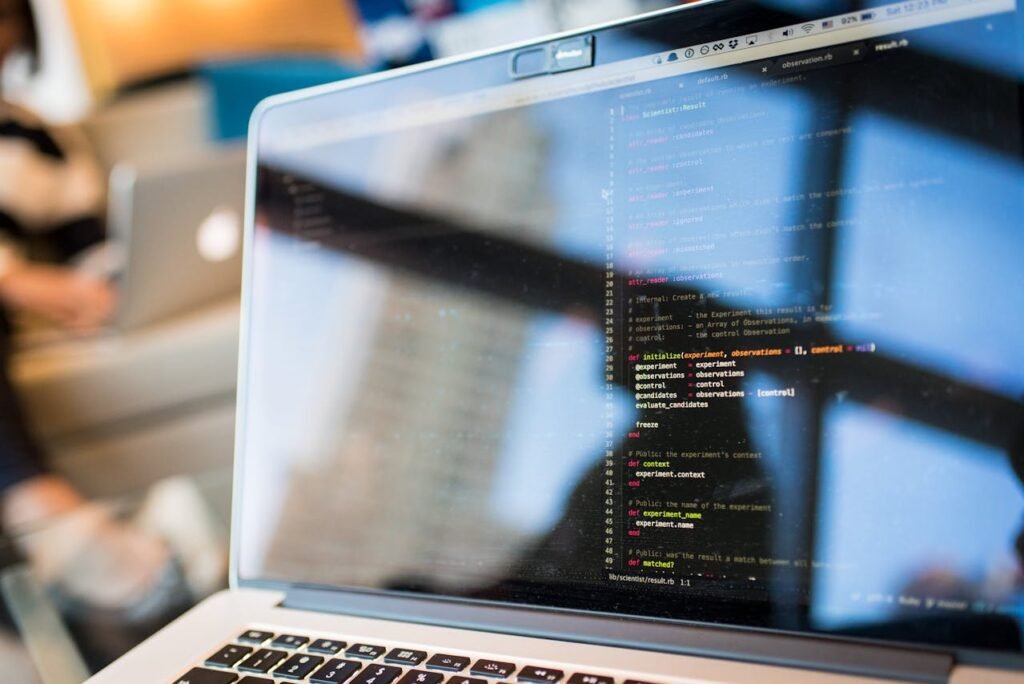
Driving Technological Innovation
The development of bionic prosthetics for musicians is pushing the boundaries of robotics, bioengineering, and adaptive technology. These advancements not only benefit the music industry but also have implications for other fields, from healthcare to gaming and beyond.
Businesses at the forefront of this innovation are well-positioned to drive cross-industry collaborations, creating solutions that extend beyond music.
For example, haptic feedback technology developed for prosthetics could be applied to virtual reality systems, enhancing the user experience in entirely new ways.
Bionic Prosthetics as Catalysts for Artistic Evolution
Bionic prosthetics for musicians are not just restoring capabilities—they are pushing the boundaries of what is musically possible. As technology evolves, these devices are challenging traditional notions of musical performance and creativity, fostering a new era of artistic exploration.
Merging Technology with Musical Innovation
Musicians using bionic prosthetics are uniquely positioned to pioneer new sounds and techniques that were previously unattainable.
For example, a prosthetic arm equipped with programmable movements and variable speeds can enable a guitarist to create complex picking patterns or a drummer to execute rhythms that transcend human physical limits.
The fusion of robotics with musical creativity is also inspiring the development of hybrid instruments. These adaptive instruments are designed specifically for integration with prosthetics, allowing musicians to experiment with innovative soundscapes and performances.
Businesses that collaborate with instrument makers to create these hybrids can establish themselves as leaders in the field, offering solutions that cater to both functionality and creativity.
Redefining Musical Accessibility
Adaptive prosthetics are reshaping accessibility in the music industry. By enabling individuals with limb differences to engage in music on equal footing with their peers, these devices are democratizing artistic expression.
This shift is not just about overcoming barriers—it’s about celebrating diversity. Musicians using bionic prosthetics bring unique perspectives and techniques to their craft, enriching the global music scene.
For businesses, supporting inclusivity through marketing campaigns and partnerships with diverse artists can highlight the transformative potential of their products and resonate with broader audiences.
Collaboration as a Key to Success
The development of bionic prosthetics for musicians is a collaborative journey, requiring input from engineers, designers, healthcare professionals, and, most importantly, musicians themselves. Businesses that prioritize collaboration at every stage of development can ensure their products are not only technically advanced but also deeply attuned to user needs.
Partnering with Musicians for Real-World Insights
Musicians bring invaluable insights into the challenges and nuances of playing with a prosthetic. By involving them in the design process, businesses can identify potential pain points and refine their devices for optimal performance.
For instance, a pianist might provide feedback on key pressure sensitivity, while a percussionist could highlight the importance of grip stability during rapid movements. These insights enable manufacturers to create prosthetics that are both practical and artistically empowering.
Beyond technical input, musicians also serve as ambassadors for the technology, showcasing its capabilities to wider audiences. Collaborating with prominent artists for product demonstrations, workshops, or endorsements can generate excitement and trust in the brand.
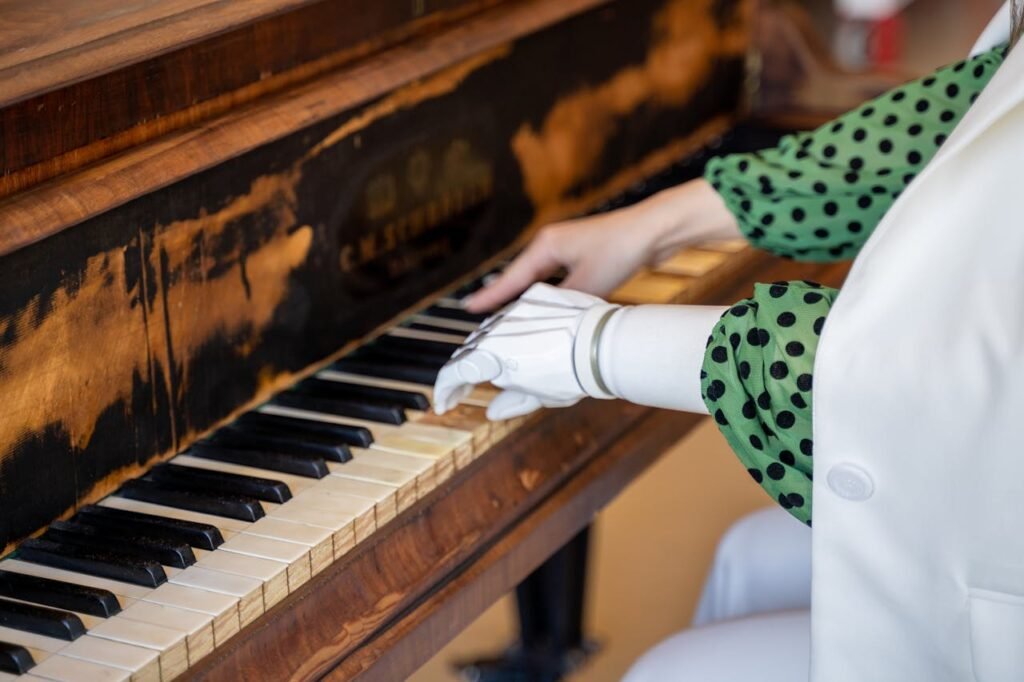
Building a Support Ecosystem
Developing bionic prosthetics for musicians goes beyond creating the devices themselves—it involves building a support ecosystem that ensures users can maximize their potential.
This ecosystem might include training programs that help musicians adapt to their prosthetics, technical support to address maintenance needs, and educational resources to inspire the next generation of users.
Businesses that invest in these additional services demonstrate a commitment to their users’ long-term success, fostering loyalty and trust.
Looking to the Future
The rise of bionic prosthetics for musicians is just the beginning of a broader movement toward integrating robotics and adaptive technology into artistic expression. As these devices become more advanced and accessible, they will continue to challenge traditional boundaries, inspire new forms of creativity, and redefine what it means to be a musician.
Exploring Bio-Neural Integration
One of the most exciting frontiers in prosthetic development is bio-neural integration, which allows prosthetics to communicate directly with the user’s nervous system.
For musicians, this technology could enable unprecedented levels of precision and control, allowing them to play as if the prosthetic were an extension of their natural anatomy.
For businesses, investing in research and development for bio-neural integration offers a pathway to create truly transformative products. Collaborations with neuroscience and bioengineering researchers can accelerate progress in this area, positioning companies at the cutting edge of innovation.
Supporting Artistic Communities
As bionic prosthetics for musicians gain prominence, businesses have an opportunity to engage with artistic communities in meaningful ways.
Sponsoring music festivals, hosting talent showcases, or partnering with schools and conservatories can help raise awareness about these devices while fostering a culture of inclusivity and innovation.
Such initiatives not only strengthen the company’s brand but also build lasting relationships with the broader artistic community, ensuring its continued relevance and impact.
Evolving Toward Seamless Integration
One of the most exciting prospects for the future is the seamless integration of bionic prosthetics with the human body.
Technologies such as bio-neural interfaces are making it possible for prosthetics to communicate directly with the user’s brain, enabling more intuitive control and enhancing the natural feel of the device.
This evolution will be particularly impactful for musicians, who rely heavily on subtle gestures and precise timing.
A bio-neural interface could allow a pianist to execute complex chord progressions effortlessly or enable a violinist to fine-tune bowing dynamics without conscious adjustment.
For businesses, investing in bio-neural integration could be a strategic move to position themselves at the forefront of innovation. Collaborating with neuroscientists and bioengineers can accelerate progress in this area and ensure that new products are both functional and accessible.
Integrating Artificial Intelligence for Enhanced Creativity
Artificial intelligence (AI) is poised to play a significant role in the next generation of bionic prosthetics for musicians. AI algorithms can analyze a musician’s unique style, preferences, and techniques, enabling the prosthetic to adapt dynamically to their artistic needs.
For instance, a guitarist’s prosthetic could learn and replicate their signature strumming pattern, while a drummer’s device could enhance rhythmic precision based on performance data.
AI also opens the door to collaborative creativity. Musicians using AI-enabled prosthetics could experiment with generating new sounds or harmonies, leveraging the technology as a co-creator rather than just a tool.
Businesses that integrate AI into their prosthetic designs can appeal to forward-thinking artists looking to push the boundaries of musical expression.
Additionally, providing regular software updates and customizability ensures that the prosthetic evolves alongside the user’s creative journey.
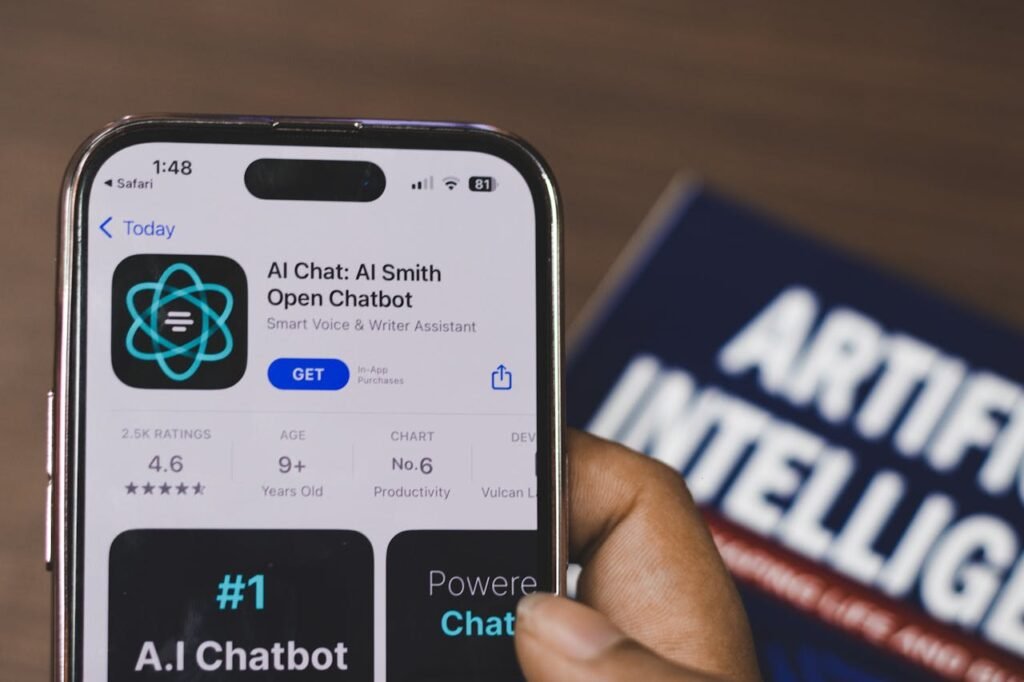
Enhancing Connectivity and Community Engagement
As technology becomes increasingly interconnected, the future of bionic prosthetics will likely involve enhanced connectivity with other devices and platforms. Prosthetics could integrate seamlessly with digital audio workstations, live performance equipment, and even virtual reality environments.
This connectivity could revolutionize how musicians perform and create, allowing them to control sound effects, loop tracks, or manipulate virtual instruments directly through their prosthetics.
For businesses, developing compatibility with existing music technologies and collaborating with software developers can ensure that their products are not only innovative but also versatile and widely adopted.
Beyond technical integration, fostering a sense of community among users will be crucial. Digital platforms where musicians can share their experiences, exchange tips, or showcase their performances can create a vibrant ecosystem around the technology.
Businesses that invest in building these communities demonstrate a commitment to user support and foster loyalty among their customer base.
Addressing Sustainability and Accessibility
As bionic prosthetics continue to advance, sustainability and accessibility will become increasingly important considerations. Materials used in manufacturing must not only meet the demands of durability and functionality but also align with environmentally friendly practices.
Exploring recyclable components or biodegradable materials could position businesses as leaders in sustainable innovation.
Accessibility is equally critical. While cutting-edge prosthetics offer unparalleled capabilities, their cost can be a barrier for many musicians. Businesses must adopt strategies to make these devices affordable without compromising quality.
Modular designs, leasing programs, or partnerships with nonprofit organizations could help bridge this gap, ensuring that more individuals have access to transformative technology.
Conclusion
Bionic prosthetics for musicians represent a powerful convergence of technology, creativity, and human resilience. These devices are not just tools—they are enablers of expression, empowerment, and innovation.
By restoring capabilities, fostering inclusivity, and opening new avenues of artistic exploration, adaptive instruments are redefining what is possible in the world of music.
For businesses, the journey of developing bionic prosthetics for musicians is as rewarding as it is challenging. Success lies in prioritizing user needs, investing in cutting-edge technology, and fostering collaboration with artists and other stakeholders.
By doing so, companies can create solutions that transform lives and inspire a new era of musical creativity.
The rise of adaptive instruments is a testament to the limitless potential of human ingenuity. As technology continues to evolve, the possibilities for bionic prosthetics in music—and beyond—will only grow, creating a future where every individual has the tools to express their unique voice, no matter the challenges they face.



